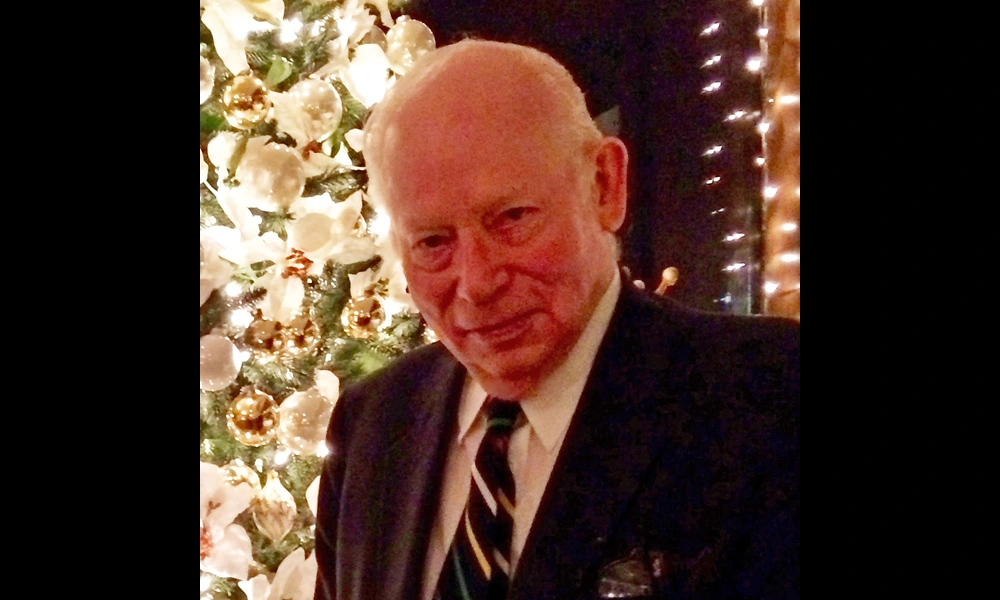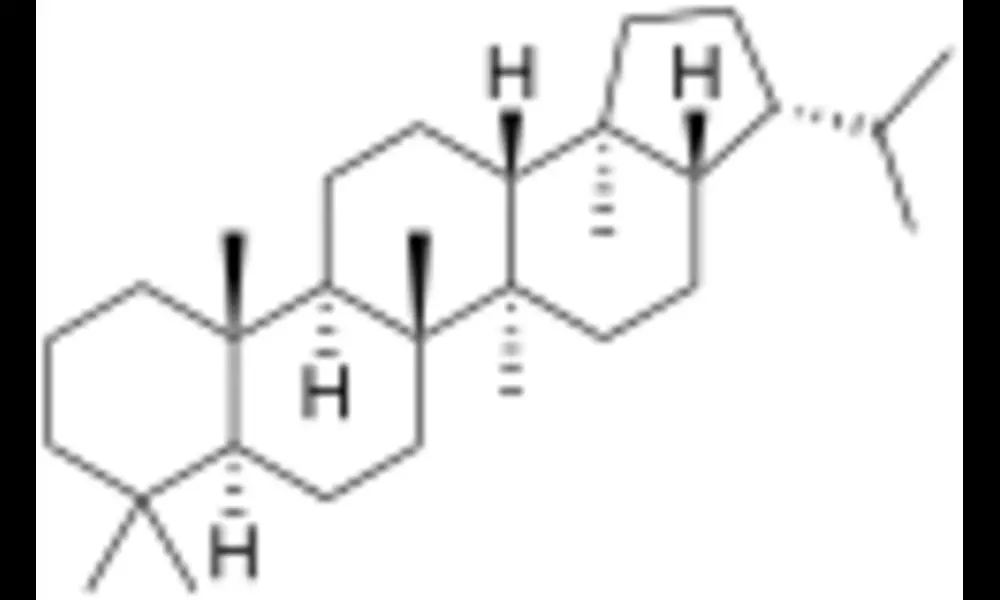Steven Weinberg's Legacy: Pioneering the Path to the Higgs Boson and Beyond
Published on Sat Feb 03 2024 File:Physics Nobel Laureate Steven Weinberg, December, 2014.jpg | Bubba73 on Wikimedia
File:Physics Nobel Laureate Steven Weinberg, December, 2014.jpg | Bubba73 on WikimediaSteven Weinberg's impact on particle physics, particularly in the realm of Higgs boson physics, has been nothing short of monumental. His pioneering ideas have illuminated the path for the modern understanding of the Standard Model of particle physics, a comprehensive theory that explains how the fundamental particles interact through three of the four known forces of nature. Abdelhak Djouadi and José Ignacio Illana, in their tribute to Weinberg, recapitulate his exceptional contributions, focusing on his groundbreaking work related to the Higgs mechanism and its implications for particle physics today.
In the 1960s, Weinberg, alongside Goldstone and Salam, tackled the enigma of spontaneous symmetry breaking, providing a foundation for what would later be known as the Higgs mechanism. This work paved the way for the unification of the weak and electromagnetic interactions into the Standard Model, a feat that earned him a Nobel Prize. He didn't stop there; Weinberg also introduced what is known as the "Weinberg-Linde lower bound"—a theoretical limit on the Higgs boson mass critical for ensuring the stability of the universe as we know it. Furthermore, his endeavors extended to theories beyond the Standard Model, where he explored new physics landscapes ripe with possibilities for understanding the cosmos on a deeper level.
The resonating impact of Weinberg’s contributions is evident from the recent historical milestone — the discovery of the Higgs boson in 2012. This discovery not only vindicated Weinberg's early theoretical work but also exemplified how fundamental research can profoundly influence our comprehension of the universe. While the Standard Model stands as a robust framework, it leaves several questions unanswered, inviting physicists to delve into the unknown, inspired by Weinberg's intellectual legacy.
What does this mean for the future of physics? Weinberg's work has laid the groundwork that continues to guide contemporary research, with the Higgs boson's discovery offering a platform for exploring uncharted territories in particle physics and cosmology. As we strive to unveil the mysteries of dark matter, neutrino masses, and the very fabric of the universe, it is clear that Weinberg's seminal contributions have not only shaped our current understanding but will continue to inspire future breakthroughs. His legacy is a beacon for aspiring physicists, a reminder of the boundless quest for knowledge and the profound mysteries that lie at the heart of the cosmos.



